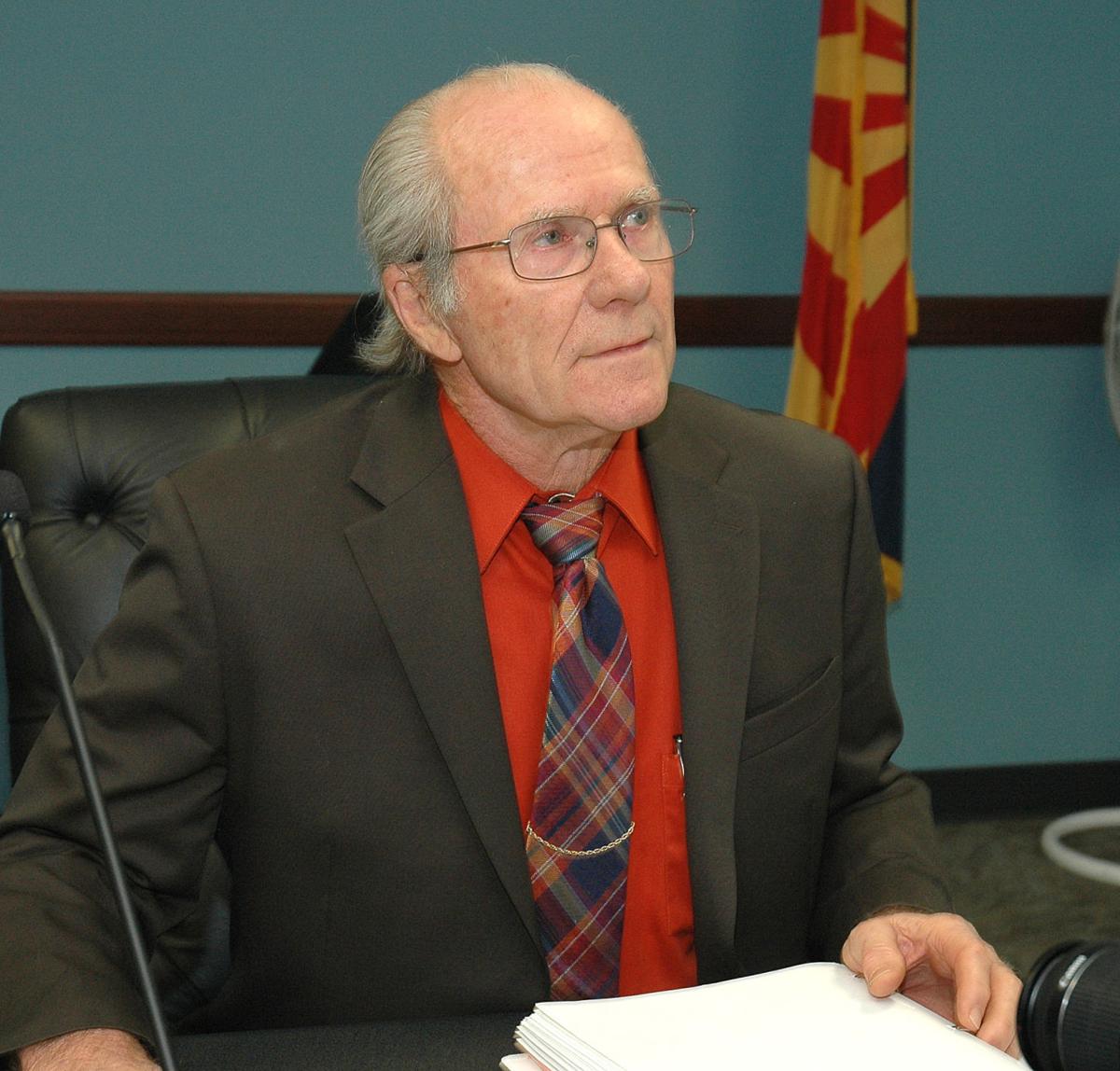A state utility regulator is rejecting an offer by Arizona Public Service for new financial disclosure rules as both too little and chock-full of loopholes.
William Richards, attorney for Bob Burns, said the proposal by the state’s largest electric company is too narrowly crafted to actually ensure the public knows when a utility or its affiliates are spending money to influence the outcome of races for the Arizona Corporation Commission. In a letter to APS attorney Thomas Loquvam, Richards detailed examples of how he believes what APS is proposing still would allow the company to curry favor with regulators indirectly.
“Regulated utilities like APS might buy undue influence with ACC candidates or commissioners by making substantial, disclosed contributions to charitable organizations with which a candidate or commissioner, or their close family, is involved,” Richards wrote.
But the real flaw in what APS has offered, he said, is it is prospective only. And that means APS and its parent company, Pinnacle West Capital Corp., would never have to disclose how much they spent two years ago to elect Republicans Tom Forese and Doug Little — the issue that started the whole debate.
“Commissioner Burns expects that APS and Pinnacle West leaders understand why any sort of hasty move to foreclose disclosure concerning 2014 events in return for illusory new rule proposals could only heighten public suspicions that APS and Pinnacle West have something material to hide or have succeeded in procuring unfair protection from the ACC,” Richards wrote.
Loquvam, for his part, responded that the company is trying to resolve the spat.
“APS made a good faith offer to help create a rule mandating more disclosure than is required by any law, rule, regulator or court decision of which APS is aware,” he responded to Richards.
It is that point, however, that is at the heart of the dispute, which has pitted Burns against APS in Maricopa County Superior Court.
It is no secret that the Free Enterprise Club and Save Our State Now put $3.2 million into the successful 2014 bid to elect Forese and Burns. What is not known is the source of those funds as the two organizations claim they are exempt from Arizona law compelling them to disclose their donors.
Unable to go after those two entities, Burns instead subpoenaed the records of both APS and Pinnacle West demanding disclosure of their spending on campaigns, lobbyists and charitable donations.
APS provided some information that already is publicly available. But the companies are asking Maricopa County Superior Court Judge David Gass to quash the subpoenas as illegal.
The commission, in turn, allowed Burns to hire Richards. And that resulted in some efforts to resolve the case.
APS offered a requirement that any organization seeking a rate hike or rule change to disclose the amount of the donation, which commissioner or commission candidate it is designed to benefit.
Loquavam said the rule is crafted in a way to “attract widespread support and withstand legal challenges.” And he said if it is adopted APS will defend it against any legal challenges.
Richards, however, said there are a host of other ways utilities could wield influence, like donating to a nonprofit run by a commissioner’s relatives.
What he said concerns Burns is that the only way to know how to plug loopholes is to know how utilities have maneuvered in the past. And that, Richards said, is why Burns is not giving up on his demand to see how APS or Pinnacle West funneled money into the 2014 race.
Utility officials have not denied they were the source of at least some of those funds, saying the company has a legal right to defend itself against charges leveled against it by other interests. Richards said it’s impossible to craft a disclosure rule without seeing what’s been done in the past.
“It may make little sense to try and prevent scenarios that will not realistically occur or to implement rules containing material loopholes or ambiguities that undermine their purpose,” Richards wrote. “Knowing how real-world charitable and political contributions from regulated utilities or their affiliates work allows the commissioners to target realistically plausible programs with rules that are tight and effective.”
Richards also warned Loquvam that any attempt by his clients to push through something over Burns’ objections — and presumably with the help of Forese and Little — would backfire.
“There will likely be no end to critics who might assert APS was enlisting commissioners it improperly captured to quash inquiry into APS’s potential wrongdoing,” he wrote.
Whether APS and Pinnacle West can persuade a judge to block the subpoenas if negotiations fail remains an open question.
Attorney General Mark Brnovich, in a formal legal opinion, said any commissioner has the right to see the books of any regulated utility.
But Brnovich said it takes the votes of three of the five commissioners to pursue the records of affiliates and parent companies. And Burns has so far been unable to get the additional votes on the panel.





